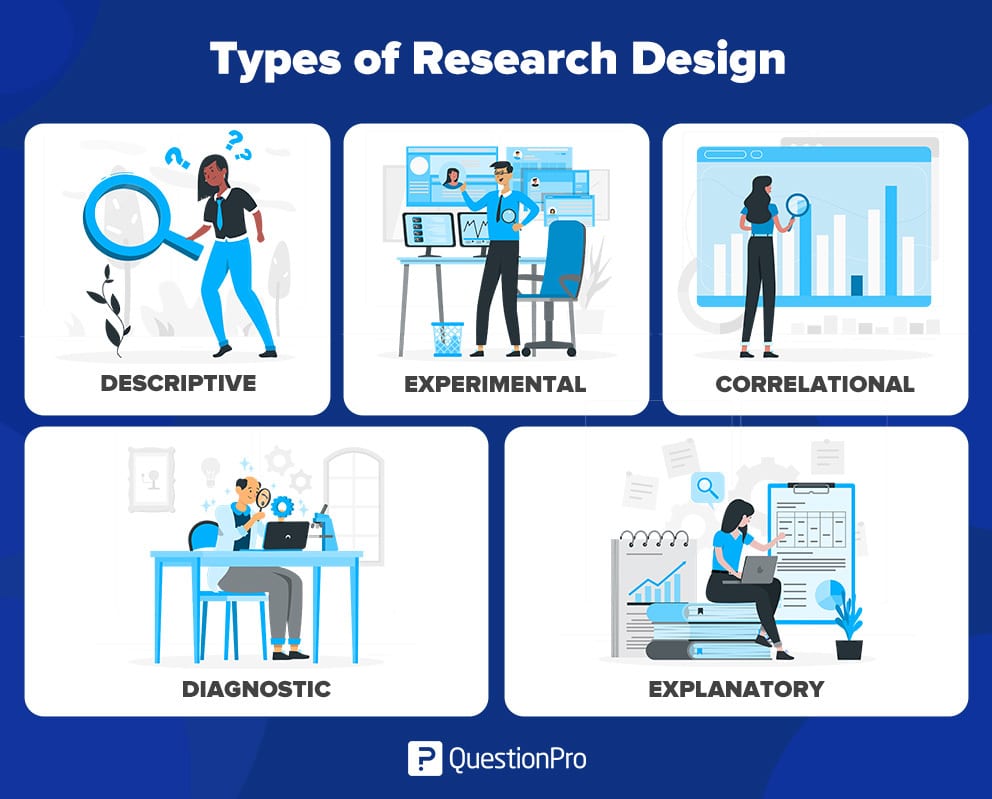Research in language education is an important part of the field of language teaching and learning. It is essential for language educators to understand the current research in the field in order to make informed decisions about their teaching practices. This article will provide an overview of the steps involved in starting a research project in language education. It will discuss the importance of selecting a research topic, developing a research question, and conducting a literature review. Additionally, it will provide tips on how to design a research study, collect and analyze data, and write up the results. Finally, it will discuss the importance of disseminating research findings and the ethical considerations that must be taken into account when conducting research.
Identifying the Right Research Questions for Language Education
1. What are the most effective methods for teaching language acquisition in the classroom?
2. How can teachers best assess language proficiency in their students?
3. What strategies can be used to promote language retention among learners?
4. How can technology be used to enhance language learning in the classroom?
5. What are the most effective ways to motivate language learners?
6. How can teachers create a positive learning environment for language learners?
7. What are the best practices for teaching language to students with special needs?
8. How can teachers best support the development of language skills in their students?
9. What are the most effective methods for teaching grammar and syntax?
10. How can teachers best assess the progress of language learners?
Understanding the Different Types of Research in Language Education
Research in language education is a broad field that encompasses a variety of approaches and methodologies. This article will provide an overview of the different types of research in language education, including qualitative, quantitative, and mixed-methods research.
Qualitative research is a type of research that focuses on understanding the meaning of language and language use in a particular context. Qualitative research typically involves collecting data through interviews, focus groups, and observations. This type of research is often used to explore the experiences of language learners, the motivations behind language learning, and the impact of language learning on learners’ lives.
Quantitative research is a type of research that focuses on collecting and analyzing numerical data. This type of research is often used to measure the effectiveness of language teaching methods, the impact of language learning on learners’ academic performance, and the impact of language learning on learners’ attitudes and beliefs.
Mixed-methods research is a type of research that combines both qualitative and quantitative methods. This type of research is often used to explore the relationships between language learning and other factors, such as culture, identity, and social context. Mixed-methods research can also be used to explore the impact of language learning on learners’ lives in a more holistic way.
In conclusion, there are a variety of different types of research in language education, each of which has its own strengths and weaknesses. Understanding the different types of research can help language educators to choose the most appropriate approach for their research project.
Developing a Research Plan for Language Education
Introduction
Language education is an important part of any educational system. It is essential for students to be able to communicate effectively in their native language, as well as in other languages. In order to ensure that students are receiving the best possible language education, it is important to develop a research plan that will provide insight into the current state of language education and identify areas for improvement. This research plan will provide a framework for conducting research on language education and will outline the objectives, methods, and expected outcomes of the research.
Objectives
The primary objective of this research plan is to gain a better understanding of the current state of language education. This includes examining the current curriculum, teaching methods, and assessment practices used in language education. Additionally, the research plan will seek to identify areas for improvement in language education, such as the need for more effective teaching methods or the need for more comprehensive assessment practices.
Methods
The research plan will utilize a variety of methods to achieve its objectives. These methods include literature reviews, surveys, interviews, and focus groups. Literature reviews will be used to gain an understanding of the current state of language education and to identify areas for improvement. Surveys and interviews will be used to gather data from language educators and students about their experiences with language education. Finally, focus groups will be used to gain a better understanding of the opinions and perspectives of language educators and students.
Expected Outcomes
The expected outcomes of this research plan are to gain a better understanding of the current state of language education and to identify areas for improvement. Additionally, the research plan will provide insight into the opinions and perspectives of language educators and students. Finally, the research plan will provide recommendations for improving language education.
Conclusion
This research plan provides a framework for conducting research on language education. It outlines the objectives, methods, and expected outcomes of the research. By utilizing a variety of methods, this research plan will provide insight into the current state of language education and identify areas for improvement. Ultimately, this research plan will help to ensure that students are receiving the best possible language education.
Utilizing Qualitative and Quantitative Research Methods in Language Education
Language education is a complex field that requires a variety of research methods to gain a comprehensive understanding of the subject. Qualitative and quantitative research methods are two of the most commonly used approaches in language education research. Each method has its own strengths and weaknesses, and both can be used to gain valuable insights into language learning and teaching.
Qualitative research methods involve the collection and analysis of data that is not easily quantified. This type of research is often used to explore the attitudes, beliefs, and experiences of language learners and teachers. Qualitative research methods such as interviews, focus groups, and observations can provide valuable insights into the motivations, attitudes, and beliefs of language learners and teachers. This type of research can also be used to explore the impact of language learning on learners’ lives and the ways in which language learning can be improved.
Quantitative research methods involve the collection and analysis of numerical data. This type of research is often used to measure the effectiveness of language teaching methods, the impact of language learning on learners’ lives, and the impact of language learning on society. Quantitative research methods such as surveys, experiments, and tests can provide valuable insights into the effectiveness of language teaching methods, the impact of language learning on learners’ lives, and the impact of language learning on society.
Both qualitative and quantitative research methods can be used to gain valuable insights into language learning and teaching. Qualitative research methods can provide valuable insights into the attitudes, beliefs, and experiences of language learners and teachers, while quantitative research methods can provide valuable insights into the effectiveness of language teaching methods, the impact of language learning on learners’ lives, and the impact of language learning on society. By utilizing both qualitative and quantitative research methods, researchers can gain a comprehensive understanding of language learning and teaching.
Exploring the Benefits of Action Research in Language Education
Action research is a form of self-reflective inquiry that has become increasingly popular in language education. This type of research involves teachers engaging in a cycle of self-reflection, planning, action, and evaluation in order to improve their teaching practices. This article will explore the benefits of action research in language education, including increased teacher autonomy, improved student learning, and enhanced teacher-student relationships.
One of the primary benefits of action research in language education is increased teacher autonomy. By engaging in action research, teachers are able to take ownership of their teaching practices and make decisions based on their own research and experience. This allows teachers to be more creative and innovative in their teaching, as they are no longer bound by traditional methods and approaches. Furthermore, action research encourages teachers to reflect on their own teaching practices and to identify areas for improvement. This can lead to more effective teaching strategies and improved student learning.
Another benefit of action research in language education is improved student learning. By engaging in action research, teachers are able to identify areas of improvement in their teaching practices and make changes accordingly. This can lead to more effective teaching strategies and improved student learning. Furthermore, action research encourages teachers to be more reflective and to consider the impact of their teaching on student learning. This can lead to more meaningful and engaging lessons that are tailored to the needs of the students.
Finally, action research can also lead to enhanced teacher-student relationships. By engaging in action research, teachers are able to gain a better understanding of their students and their needs. This can lead to more meaningful interactions between teachers and students, as teachers are better able to understand and respond to their students’ needs. Furthermore, action research can also lead to increased student engagement, as students are more likely to be motivated and engaged when they feel that their teachers are taking an active interest in their learning.
In conclusion, action research in language education can provide numerous benefits, including increased teacher autonomy, improved student learning, and enhanced teacher-student relationships. By engaging in action research, teachers are able to take ownership of their teaching practices and make decisions based on their own research and experience. Furthermore, action research can lead to more effective teaching strategies and improved student learning. Finally, action research can also lead to enhanced teacher-student relationships, as teachers are better able to understand and respond to their students’ needs.
Conclusion
In conclusion, starting a research in language education can be a daunting task, but with the right resources and guidance, it can be a rewarding experience. It is important to have a clear research question, to identify the relevant literature, and to develop a research design that will help to answer the research question. Additionally, it is important to consider the ethical implications of the research and to ensure that the research is conducted in a responsible manner. With the right preparation and guidance, language education research can be a rewarding and meaningful experience.
Discussion
[wpaicg_chatgpt]



